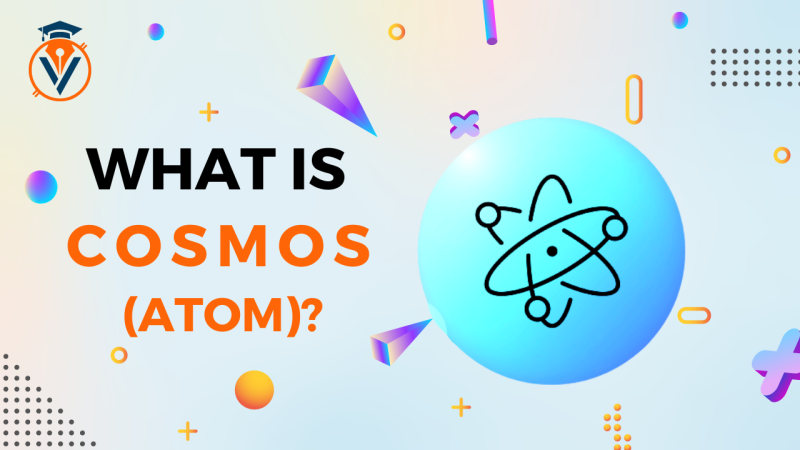How long before moving to virtual reality?
In October 2021, Mark Zuckerberg announced the change of Facebook's name to Meta. This happened due to the fact that the company is taking on the development of its own Metaverse in a tight way.
Meta (from Lat. - "something beyond")- this is a large-scale virtual reality, like a computer game. The setting and gameplay (If there is such a thing) is determined by the participants themselves or by the creators. For the first time, the concept of "Metaverse" is mentioned in Neal Stephenson's novel "Avalanche" (1992). After that, the concept was used in later science fiction works.
According to the developers' expectations, the metaverse will combine the physical and virtual worlds within the same ecosystem. It’s planned that this product will use virtual (VR) and augmented (AR) reality technologies. It will allow users to play sports games with people from other continents, "visit" the office in the form of a hologram, conduct training and do any business in the chosen environment. It’s assumed that the virtual universe will be available for purchase, sale and donation of virtual assets (avatars, objects, space, virtual lands, etc.)
Facebook's Metaverse isn’t the first and only project of the digital world. The first prototypes of virtual universes appeared in the early noughties. The Second Life project from Linden labs (San Francisco) has achieved the greatest popularity and almost a million users. It was a long time ago in 2007.
What are the basic principles of Metaverse and how does it work?
1. A virtual space where users are hidden behind avatars.
The analogue of virtual reality is video games. The history, all user’s actions, savings and results are saved in the process of using.
2. Create your own virtual world or room.
There is an opportunity to create a separate space, convenient for holding meetups, solving company issues and communicating with colleagues.
All you need to do to meet with colleagues is to put on VR Headsets. Instantly you find yourself in virtual reality. Operations and purchases in the integrated store can be made via an ordinary credit card. It connects as easily as to the current online stores.
3. Creation of virtual real estate.
Users will be able to create their own estate from ready-made building blocks. Issues regarding moderation, control and copyright compliance haven’t yet been resolved. Similar applications to the idea of virtual estate have already been created, for example, Minecraft or Roblox.
4. The ability to dispose of virtual real estate.
As in the real world, people will have the right to inherit, transfer, lease virtual property.
5. Ownership of virtual property.
Virtual property can be owned in the same way as physical property. In an ideal scenario, the virtual property would be considered as an NFTs and it could be moved between Metaverses. It will be possible to purchase locations at the expense of bank cards.
6. Virtual presence via VR or AR devices.
Applications for creating small meeting rooms are already there, running and functioning (VRChat, Horizon Words etc.).
But it's one thing to create an application for use by several people, and quite another to create an entire digital system where users will not only call on work issues, but also spend their time, perform various actions and spend their money.
7. Creating a world with its own rules.
Each Metaverse may have a specific set of rules and laws. And if in one universe something is considered a principle, it will be categorically unacceptable in another.
From a technical point of view, the Metaverse is a software stored on servers. A much bigger role is played by its size, developers, owners and the rules by which the system will live. The number of possible Metaverses can be unlimited, because anyone can be the creator.
Naturally, it is incredibly difficult to carry out the task alone, so it’s better to take it up as a team. Given the opportunities available to the current global IT giants, it can be assumed that they will greatly affect the development of the Metaverse and modern technologies in general.
Zuckerberg has already stated that Meta is set to create its own Metaverse. However, given Facebook's reputation as creators of social media platforms, it can be assumed that the system will be centralized.
Decentraland is an example of a decentralized 3D virtual world. The system runs on the Ethereum platform. Virtual land is acquired here as NFTs and gives the user a share in the management of the virtual world.
A distinctive feature of the decentralized world is the anonymity of users. In the blockchain system, you are known exclusively as a wallet address or avatar. It is impossible to put an equal sign between anonymity and complete freedom of action. Obscurity in the blockchain is a guarantee that no one collects your personal data.
It is hardly worth talking about monopolization of the digital universe market by any one project. Let's think about Facebook again. This platform is one of the most successful, but other social networks may well compete with it: Reddit, Twitter, professional Linkedn, regional Vkontakte, Yandeks (CIS territory).
In fact, there is no ideal universal platform for all users. Nor will there be a single Metaverse. Most likely there will be several large, competing projects aimed at different audiences, with different functionality, tasks and goals.
Use cases of metaverses
Although the creation of a full-fledged digital world will happen within 5-10 years, we can already assume where and in what environment it can be used.


